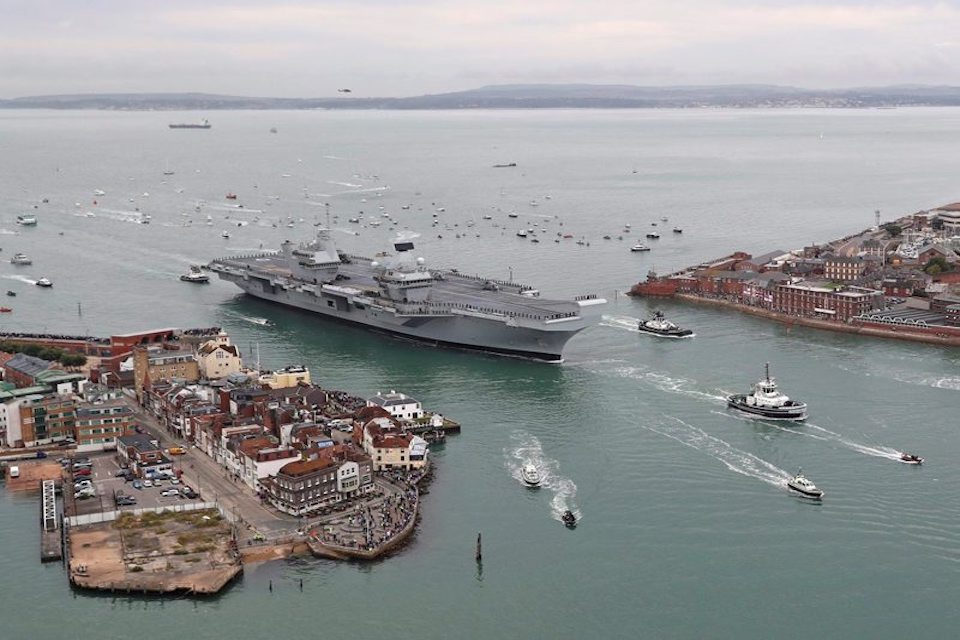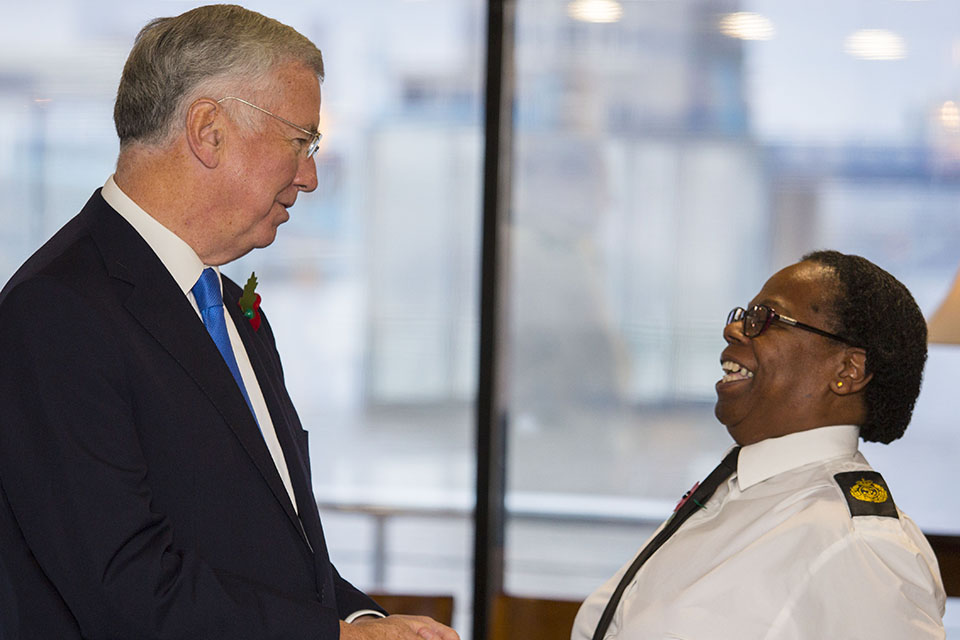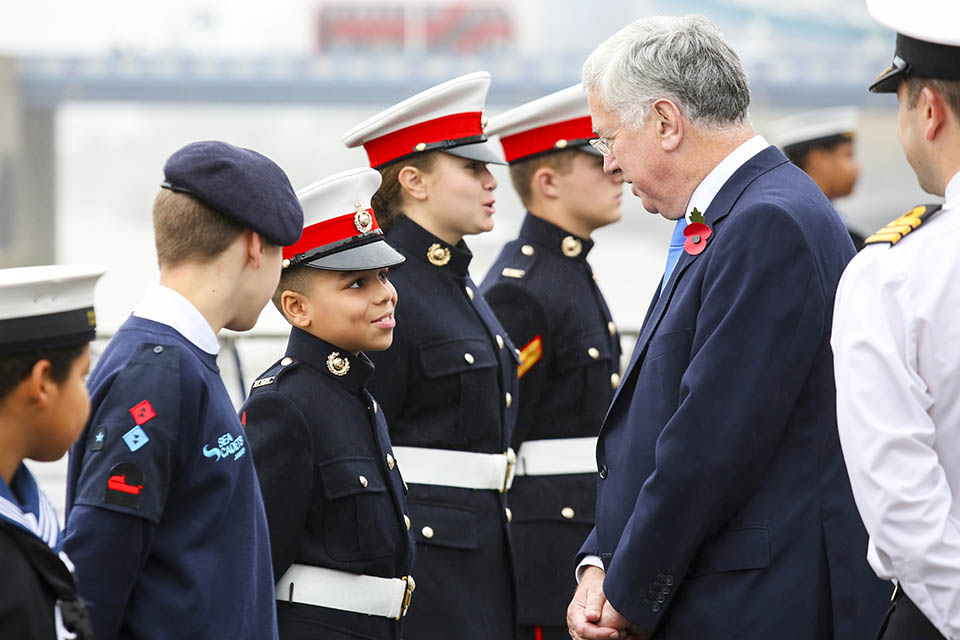News story: New plans for Armed Forces flexible working reach the Commons
The proposed legislation, announced as part of the Queen’s Speech in June, will allow Armed Forces personnel to work part time for short periods of time, as long as operational effectiveness of the military is maintained.
The plans are part of a range of measures that the MOD is currently undertaking to improve service conditions for everyone, including attracting and retaining more women in the military. The Armed Forces are currently working towards a target of having 15% of the military being made up of women by 2020.
Currently 10.2% of the military are women, with expanding career opportunities as the military opens up its ground close combat roles to females. The RAF became the first service to recruit women into all of its trades when it opened up the RAF Regiment to women in September of this year. The Army and Marines will follow suit by the end of 2018.
Defence Secretary Sir Michael Fallon said:
Keeping Britain safe means investing in our personnel as well as in new equipment. More flexible working is essential to a modern military, allowing us to recruit the best talent and retain those already serving, while always being ready to deploy as commanders require.
The military must offer conditions of service that keep up with those available in other lines of work. This change will significantly make it easier for women with children.
The flexible working measures, which are due to come into effect in 2019, will also allow personnel to limit the amount of time that they need to spend away from their home base and their families.
The need to maintain operational capability lies at the heart of these arrangements, and applications for part-time working will predominantly be assessed against the need of the Armed Forces. Personnel would still be required to deploy on operations should the need arise, such as in cases of national emergency.
Consultation within the Armed Forces has found that personnel want more choice over the way they serve when their personal circumstances change, such as having young children or needing to care for elderly relatives. Internal MOD surveys have consistently reported that the impact of service life on family and personal life is the most important factor that might influence them to leave (62% in this year’s Attitude Survey).
Flexible working will help retain personnel, and a recent survey found that 70% of respondents were supportive of more opportunities for flexible working, with 71% interested in taking up such opportunities in the future.
The measures are part of military modernisation, aiming to retain personnel who have been trained and have gained important experience, particularly on operations, rather than having them leave for civilian life. 96% of UK employers already offer flexible working for some of their employees and research has found that offering flexible working encourages people to stay with their current employer.
These reforms are part of the modern offer to personnel and the government’s commitment to strengthen the Armed Forces Covenant, which was enshrined in law in 2011 to ensure Service personnel are not disadvantaged through their work.


